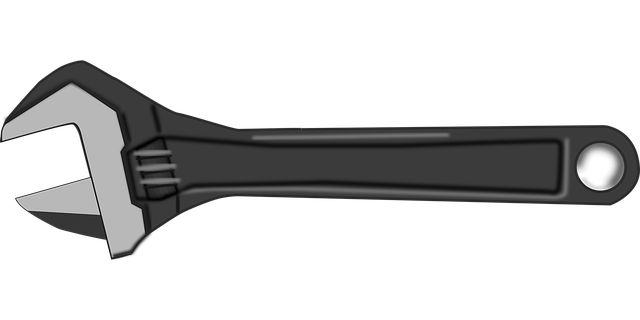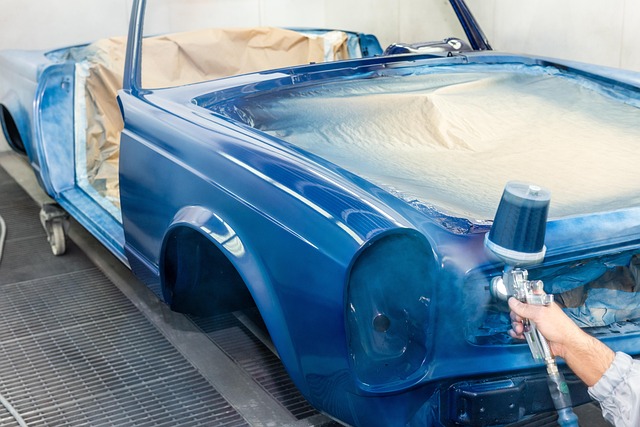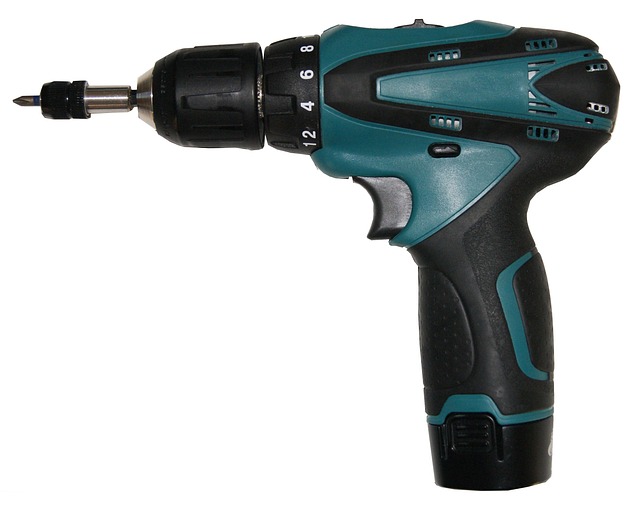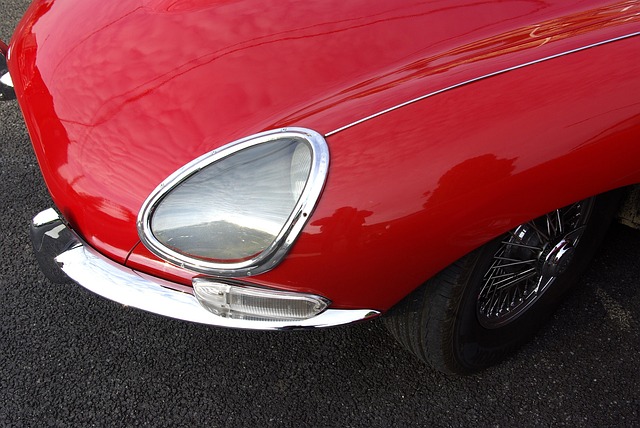Mercedes Active Brake Calibration (MAC) is a cutting-edge safety system that continually monitors and adjusts braking performance, reducing collision risks and repair needs by achieving shorter brake distances and more efficient stopping power. Regular calibration is crucial for modern vehicle maintenance, enhancing driver control and reaction capabilities, and ultimately saving lives by mitigating potential accidents. Improper MAC can increase braking distances and slow reaction times, emphasizing the importance of regular tire services and vehicle maintenance to keep it functioning optimally.
Mercedes Active Brake Calibration is a key system that significantly impacts vehicle safety. This innovative technology aims to reduce braking distances and optimize response times, making it crucial for enhancing overall driving experience and preventing accidents. In this article, we’ll delve into the intricacies of Mercedes Active Brake Calibration, explore its effects on brake performance, and discuss strategies for optimizing its settings to ensure maximum efficiency and improved stopping power.
- Understanding Mercedes Active Brake Calibration: The System and Its Purpose
- Impact on Brake Distance and Response Time: How It Affects Safety
- Optimizing Performance: Fine-Tuning Calibration for Enhanced Braking Efficiency
Understanding Mercedes Active Brake Calibration: The System and Its Purpose
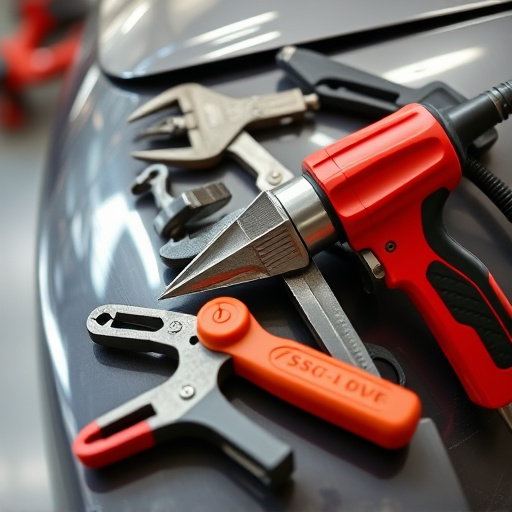
Mercedes Active Brake Calibration is a sophisticated system designed to enhance safety and reduce vehicle collision repair risks. This innovative technology actively monitors and adjusts braking performance in real time, ensuring optimal response times when encountering obstacles or sudden stops. By calibrating the brakes, the system can precisely control force distribution, allowing for shorter brake distances and more efficient stopping power.
The primary purpose is to mitigate potential accidents by providing drivers with enhanced control and reaction capabilities. Through precise adjustments, it ensures that the brakes engage effectively without causing abrupt stops, thereby improving overall driving experience while prioritizing passenger safety. A well-calibrated system can significantly impact a vehicle’s ability to avoid or minimize the impact of collisions, making it an essential aspect for any modern car owner to consider when maintaining their vehicle, and potentially saving lives in the process.
Impact on Brake Distance and Response Time: How It Affects Safety
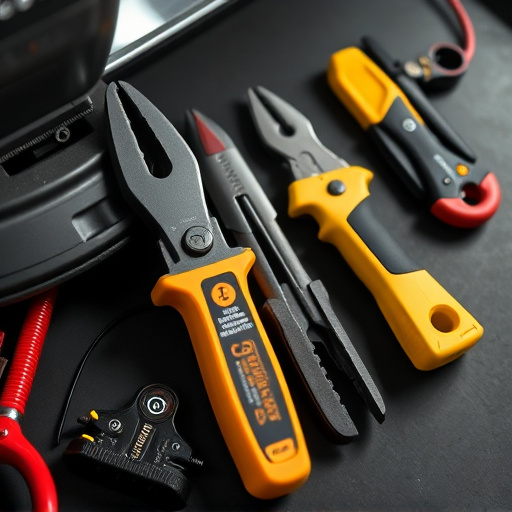
The Mercedes Active Brake Calibration plays a pivotal role in enhancing safety by significantly impacting brake distance and response time. When properly calibrated, this system ensures that the vehicle comes to a stop in the shortest possible distance, allowing drivers to react swiftly to sudden obstacles or hazards on the road. This is particularly crucial in high-speed situations where even fractions of a second can make a difference in avoiding accidents.
Improper calibration, on the other hand, can lead to longer braking distances and slower response times, posing potential risks to both the driver and other road users. Regular vehicle repair and tire services are essential to maintain optimal brake performance, ensuring that the Mercedes Active Brake Calibration functions at its highest level. This, in turn, contributes to a smoother, safer driving experience.
Optimizing Performance: Fine-Tuning Calibration for Enhanced Braking Efficiency
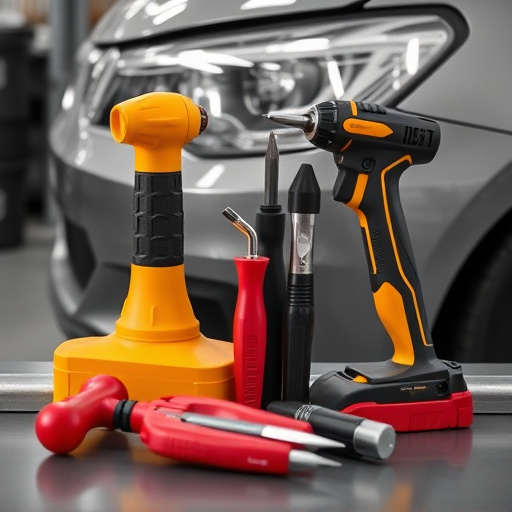
Mercedes Active Brake Calibration plays a pivotal role in optimizing vehicle performance and enhancing braking efficiency. By fine-tuning this calibration, manufacturers can significantly improve both brake distance and response time. This process involves meticulous adjustments to various parameters, ensuring that the brakes react precisely and effectively under different driving conditions.
In today’s automotive landscape, where safety is paramount, such calibrations are not just about achieving ideal performance but also about minimizing risks. A well-tuned active brake system can prevent accidents by enabling quicker reaction times, thereby reducing the overall impact of a potential collision. This meticulous fine-tuning is akin to restoring a car to its peak condition, similar to how a paintless dent repair expert revitalizes a vehicle’s exterior without resorting to extensive painting, ensuring not just visual enhancement but also structural integrity. Unlike an auto collision center that deals with extensive repairs after an accident, active brake calibration focuses on preventive measures, making the roads safer for everyone.
Mercedes Active Brake Calibration plays a pivotal role in enhancing vehicle safety by optimizing brake distance and response time. By fine-tuning this system’s calibration, drivers can experience improved braking efficiency, ensuring quicker stops and reduced collision risks. Understanding how this technology works is essential for maximizing the safety benefits of modern automobiles like Mercedes models, where advanced driver assistance systems (ADAS) are standard features.
